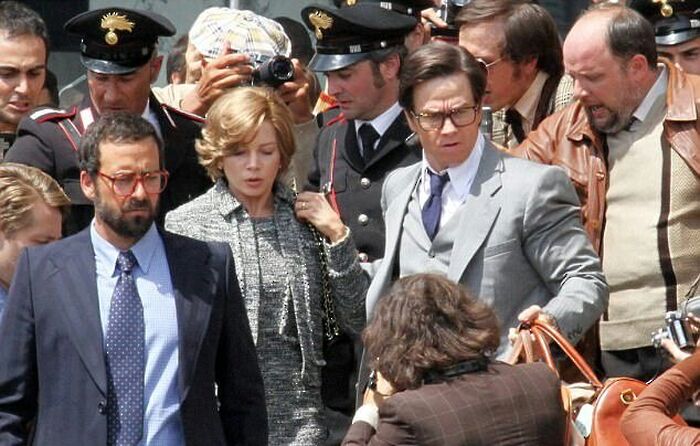Lady Bird review: ‘impossible to love’
A poorly constructed narrative leaves Theo Howe wishing that Greta Gerwig had made a rather different film

More often than not, the high school movie narrative is focused within the microcosm of the school itself. Though we have been privy to more intimate looks at the situation that made our iconic student characters, such as in John Hughes’s Pretty in Pink, it has been the framing device rather than the meat of the drama.
Greta Gerwig’s directorial debut Lady Bird is something different, in that the battleground takes place in the hearth rather than the hallways, and the strict Catholic school is the title character’s solace from the constant reminder at home that life is not fair for the working class.
“Some type of love always seems to shine through, even if it takes a while”
To open with something positive, the city of Sacramento is rightly celebrated throughout the film with lush colours and beautiful shot choices that act as a real love letter to a California city that does not often get much screentime. In fact, Sacramento is one of the more compelling aspects of the film, as many of the characters begin to feel more like slightly developed plot devices, rather than fully fledged characters.
Lady Bird herself is more complex, but the script is sharp enough that her aggravating behaviour creates a sense of empathy for those who surround her, rather than it being a simple ‘me vs. the world’ story. Though many characters missed the mark, the central performances of Saoirse Ronan, and Laurie Metcalf as her mother are utterly undeniable. Ronan admittedly does a fantastic job at playing an incredibly specific type of precocious teenager, creating a unique character in a genre too often dominated by cliché.
It is Metcalf who is most impressive in her role though, at all times showing all of the conflicts that come with being the matron of a lower-class family in proximity to the incredibly wealthy. She is tired, stern, and at times the audience will wholeheartedly side with Lady Bird in getting angry at her, but some type of love always seems to shine through, even if it takes a while.
And yet for all the love that the performances bring, Lady Bird seems impossible to love as a film; it always keeps the viewer at an uncomfortable distance, and is over before one can feel a specific attachment to anyone on screen. The script is bizarre in that it never commits to being a comedy, and instead settles on being a coming-of-age drama with some mistimed jokes, which had the unfortunate side-effect of lessening the emotional clout that the film had worked so hard to accrue.
Lady Bird is a frustrating film due to all of the faults that lie in the script, meaning that it is doomed from the start. Ronan and Metcalf are brilliant, as is Tracy Letts as the beleaguered nice-guy father, and Gerwig’s direction seems fairly spot-on, but one cannot look past how shallow many of the characters seem, and how unfunny much of the humour ends up being. It results in a narrative that is little more than Lady Bird interacting with a random stream of characters in turn, to little effect on the world around her. Lady Bird could have been great, but the narrative comes to resemble a flow-chart, rather than the powerful drama it shoots for
 News / Clare Hall spent over £500k opposing busway 24 December 2025
News / Clare Hall spent over £500k opposing busway 24 December 2025 Comment / The ‘class’ of Cambridge24 December 2025
Comment / The ‘class’ of Cambridge24 December 2025 News / Caius mourns its tree-mendous loss23 December 2025
News / Caius mourns its tree-mendous loss23 December 2025 Comment / League tables do more harm than good26 December 2025
Comment / League tables do more harm than good26 December 2025 News / Eight Cambridge researchers awarded €17m in ERC research grants27 December 2025
News / Eight Cambridge researchers awarded €17m in ERC research grants27 December 2025









